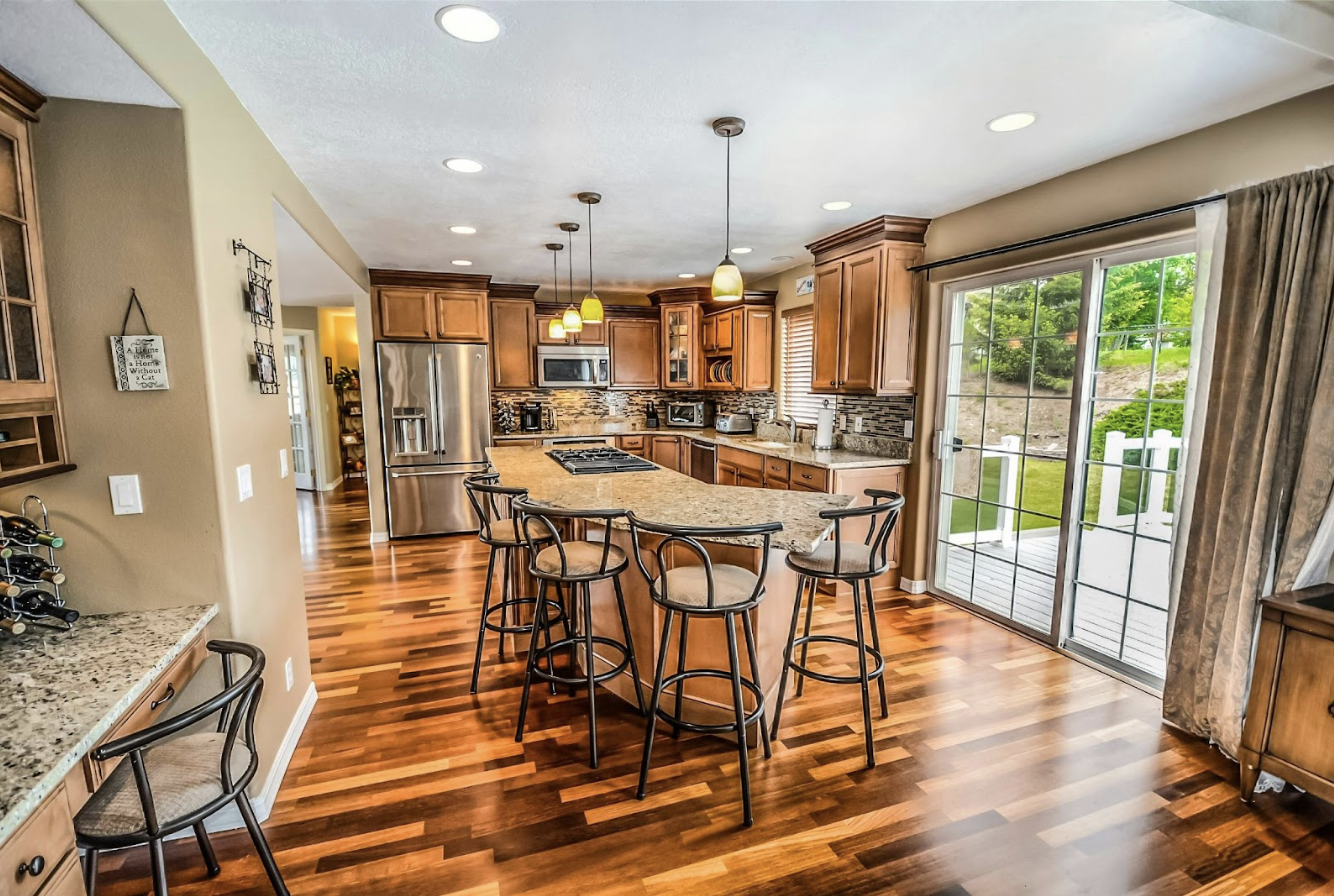Designing a modern ADU kitchen in California requires more than aesthetics. Indeed, you want a space that feels open, inviting, and functional. Moreover, maximizing natural light enhances atmosphere, usability, and energy efficiency. Bright kitchens feel larger, reduce electricity usage, and improve mood. Consequently, careful planning of windows, skylights, and doors ensures your kitchen is both practical and visually appealing.
Furthermore, sunlight highlights finishes, countertops, and cabinetry. It reduces reliance on artificial lighting, which benefits energy costs. Therefore, considering sunlight paths when arranging work zones is essential. With thoughtful placement, your ADU kitchen becomes bright, airy, and comfortable for cooking, dining, and entertaining.
Why Should Natural Light Be a Priority in ADU Kitchens?
Natural light is not just decorative; it is functional. For example, daylight reduces the need for artificial lighting, saving energy and money. In addition, well-lit kitchens improve safety by allowing clear visibility while cooking or cleaning.
Moreover, sunlight enhances ventilation, controlling moisture and preventing mold growth. Bright kitchens also feel more spacious, lively, and welcoming. Similarly, natural light positively affects mood, making cooking and dining enjoyable. Therefore, prioritizing daylight benefits both function and aesthetics.
How Can Layout Strategies Maximize Light?
Your kitchen layout significantly impacts how light spreads throughout the space. For instance, open-concept designs allow sunlight to flow from adjoining rooms. Consequently, positioning work zones near windows ensures ample illumination for cooking and prep work.
Reflective surfaces can further amplify sunlight. Light-colored countertops, glossy backsplashes, and polished concrete flooring bounce light deeper into the room. Conversely, dark or matte finishes absorb light, which can make spaces feel smaller. To maximize light effectivity, consider these strategies:
- Position key work zones near windows to capture daylight
- Use reflective surfaces to distribute light evenly
- Keep pathways clear to avoid shadows and maintain flow
- Consider glass doors or partial walls to allow light from adjacent areas
By implementing these strategies, your kitchen becomes brighter, more functional, and more enjoyable to use daily.
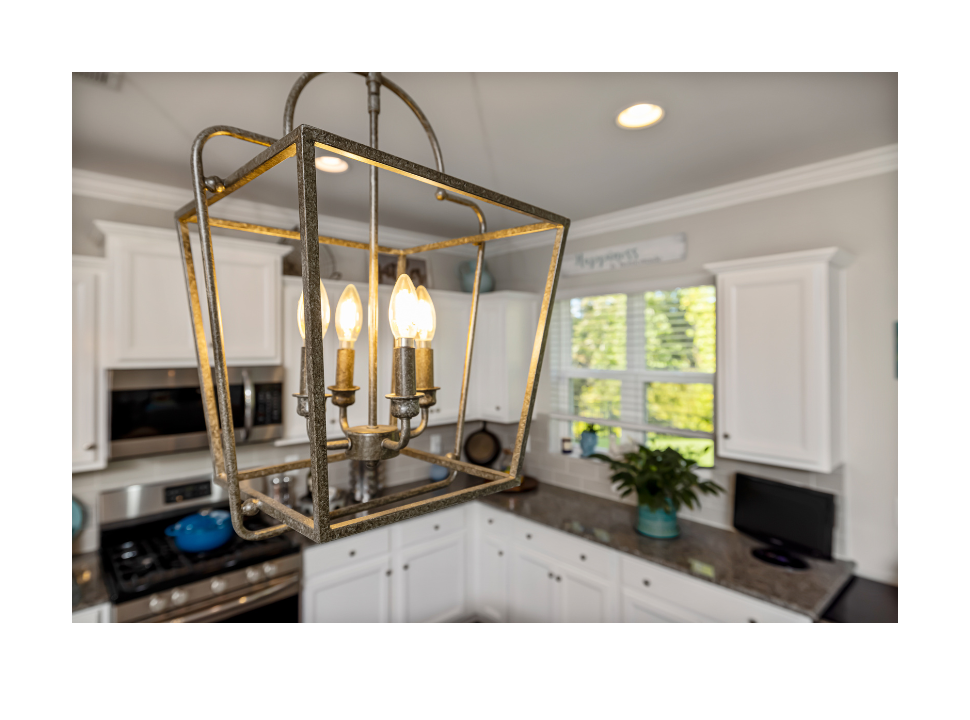
What Windows, Skylights, and Glass Doors Work Best?
Selecting the right openings is essential for natural light and ventilation. Casement and awning windows provide both airflow and sunlight. Similarly, skylights illuminate interior kitchens without exterior walls. Additionally, glass doors to patios or decks bring daylight while maintaining access.
Window size and energy efficiency are also important. Larger openings admit more light but may compromise privacy or increase heat gain. Therefore, Low-E coated glass is ideal in California, as it reduces glare while allowing sunlight. Tips for maximizing light include:
- Opt for Low-E coated glass to reduce heat and glare
- Use clerestory windows for privacy without sacrificing daylight
- Install sliding or folding glass doors for seamless indoor-outdoor flow
- Choose light-colored window frames to reflect light deeper into the kitchen
How Do Cabinetry and Finishes Enhance Brightness?
Cabinetry and finishes play a major role in reflecting and spreading light. Light colored cabinets increase the perception of space, while glossy surfaces amplify sunlight. Conversely, dark or matte finishes absorb light and can make kitchens feel smaller.
Glass front cabinets allow light to pass through while showcasing dishware. Open shelving prevents obstruction of windows and maintains an airy feel. Paired with light countertops and backsplashes, these choices enhance brightness without compromising style. Best practices include:
- Use light or neutral-colored cabinetry for reflection
- Incorporate glass-front cabinets or open shelving
- Select glossy finishes to enhance light spread
- Avoid heavy, dark materials that absorb light
These selections create a visually open, well-lit environment for cooking and entertaining.
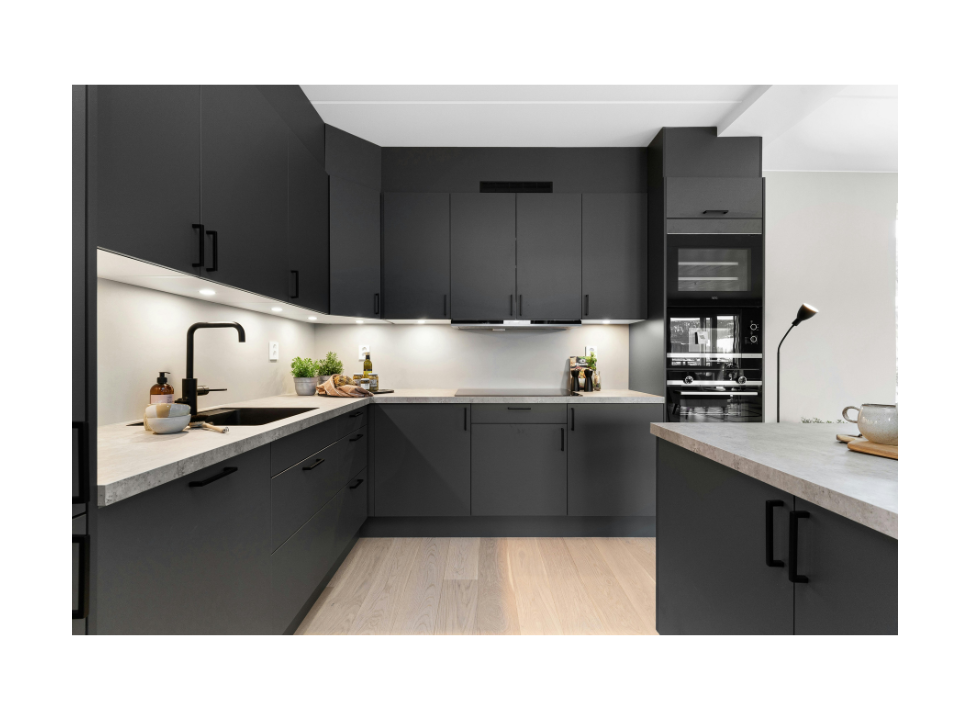
How Can Layouts and Ergonomics Improve Functionality?
While natural light is critical, the workflow must remain efficient. Place the sink, stove, and refrigerator in a functional triangle to minimize movement. Additionally, ensure ample counter space near these zones for preparation and cooking.
Task lighting supplements daylight during evenings or cloudy days. Under cabinet LEDs and pendant lights above islands maintain visibility without diminishing natural brightness. Consider ergonomic strategies such as:
- Arrange the work triangle for a smooth workflow
- Keep prep areas near natural light for better visibility
- Add task lighting for evening use
- Ensure appliance heights and storage are comfortable and accessible
Combining ergonomics and light-maximizing strategies ensures a kitchen that is both practical and enjoyable.
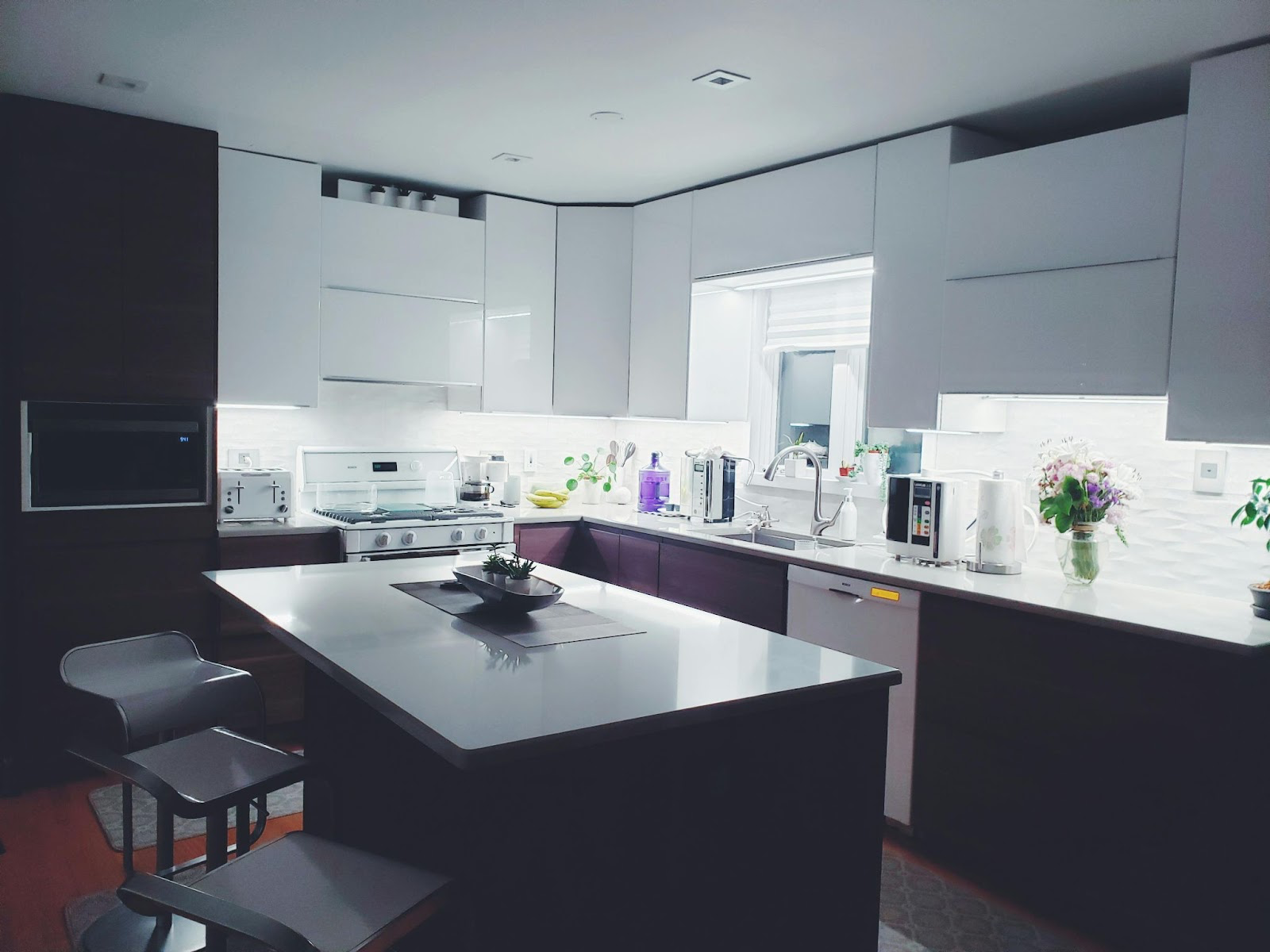
Why Are Permits and Compliance Critical?
California ADU kitchens must meet strict building codes. Proper installation of windows, ventilation, electrical outlets, and plumbing is essential. Securing permits early prevents delays, fines, and inspection issues.
Additionally, working with an experienced designer, like Gather ADU, ensures compliance while optimizing light, privacy, and heat control. Consequently, your kitchen remains safe, functional, and visually appealing, all while complying with regulations.
Start Your ADU Kitchen Project Today
Planning an ADU kitchen may feel complex due to California codes and limited space. However, starting with Gather ADU provides expert guidance to design a functional, stylish, and compliant kitchen from the start.
Our team handles layouts, appliance placement, finishes, and permit-ready documentation. Consequently, your kitchen passes inspections the first time, saves time and money, and provides an efficient, comfortable space perfect for cooking, dining, and entertaining.
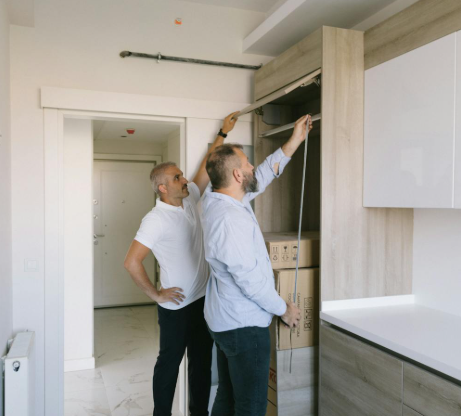
FAQs
How can I maximize natural light in a small ADU kitchen?
Position work areas near windows, use reflective finishes, and consider skylights or glass doors. Furthermore, keep pathways clear and avoid bulky cabinetry to allow sunlight to flow freely.
How do skylights improve ADU kitchen design?
Skylights bring daylight into kitchens without exterior walls and reduce the need for artificial lighting. Additionally, they improve ventilation when operable, which helps control moisture and keeps compact ADU kitchens fresh and bright.
Can I use open shelving to enhance light?
Yes, open shelving prevents blocking windows, allows light to travel, and keeps the kitchen airy. In addition, it provides easy access to frequently used items.
Do finishes affect kitchen brightness?
Light-colored and glossy finishes reflect sunlight, whereas dark or matte finishes absorb light. Therefore, choosing the right finishes improves perceived space and complements natural light.
Should I hire a designer for a sunlit ADU kitchen?
Yes. A professional designer ensures optimal light placement, code compliance, and efficient workflow. Furthermore, they streamline the process and maximize both function and visual appeal.
